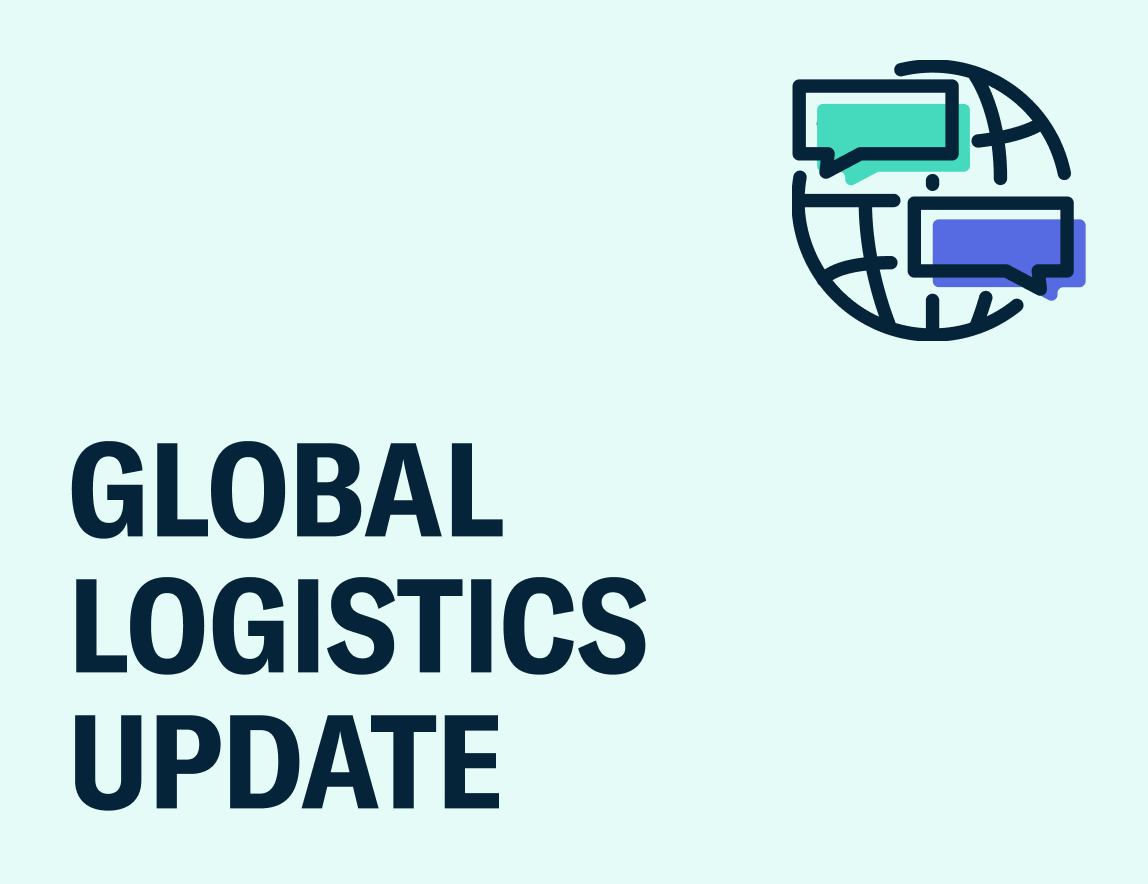
April 27, 2023
What Banks Aren’t Telling You: Pulling Back the Curtain on Their Lower Rates
Tags:
What Banks Aren’t Telling You: Pulling Back the Curtain on Their Lower Rates

Head of Flexport Capital
The simple fact is: most businesses need short-term working capital at some point in order to maintain operations. The question is, should companies turn to a fintech or a traditional bank? We talked about the often hidden costs of fixed-fee loans in a recent post, and before deciding, there are 4 primary—and often undisclosed—requirements that need to be carefully considered.
1. The Hidden Fees Behind Lower Rates
Working with a bank can come with several costs and fees that may be hiding behind a low-interest rate and not immediately apparent to customers. When comparing rates, be sure to include these 5 fees in your calculations:
- Diligence and termination fees
- Legal and unused fees
- Third-party servicing agents
- Site visits
- Auditors
So, while the initial bank rates may be cheaper, businesses will be incurring additional fees that aren’t incurred with trade financing.
2. Restrictive Covenants and Ongoing Diligence
Next, let's talk about the unacknowledged time it will take to navigate required reports and ongoing diligence requirements. Banks are subject to multiple regulations that require them to monitor their customers' activities to prevent fraud, money laundering, and other illegal activities. This can result in significant paperwork and reporting requirements for both the bank and the borrower. Add to that the fact that they will have more restrictive covenants that come with financial penalties if breached, businesses looking to enter leases for retail or warehouse expansion, for example, are in for an uphill battle.
3. The Cost of Secured vs. Unsecured Loans
Most banks will require collateral appraisals (costing upwards of $25,000-$100,000 per year) which the borrower is responsible for paying. If a bank is providing an asset-based loan (ABL), they will require a monthly borrowing base certificate which is onerous for the borrower to put together and may result in the need to hire additional headcount to support this effort. Flexport Capital offers unsecured loans, meaning they do not collect any landed collateral, which is another expense you will never incur.
4. Documentation and Legal Fees
Lastly, the documents required by traditional banks are arduous and require legal counsel’s review amounting to as much as $25,000. If you’re in need of immediate financing, make sure you’re factoring in the time it will take for both parties to review and agree upon the terms before the requested financing is actually approved and wired. Because Flexport Capital is document light, most of our clients do not engage outside counsel to review or be comfortable with their agreements allowing for quick approval and transactions and no legal fees.
Before moving forward with either a bank or a fintech solution, understand and compare all of the fees associated before making a decision. Bank interest rates are lowest, but they are not the whole picture.


To learn more about Flexport Capital, or to start your application today, reach out to us at capital@flexport.com.
About the Author

Head of Flexport Capital







